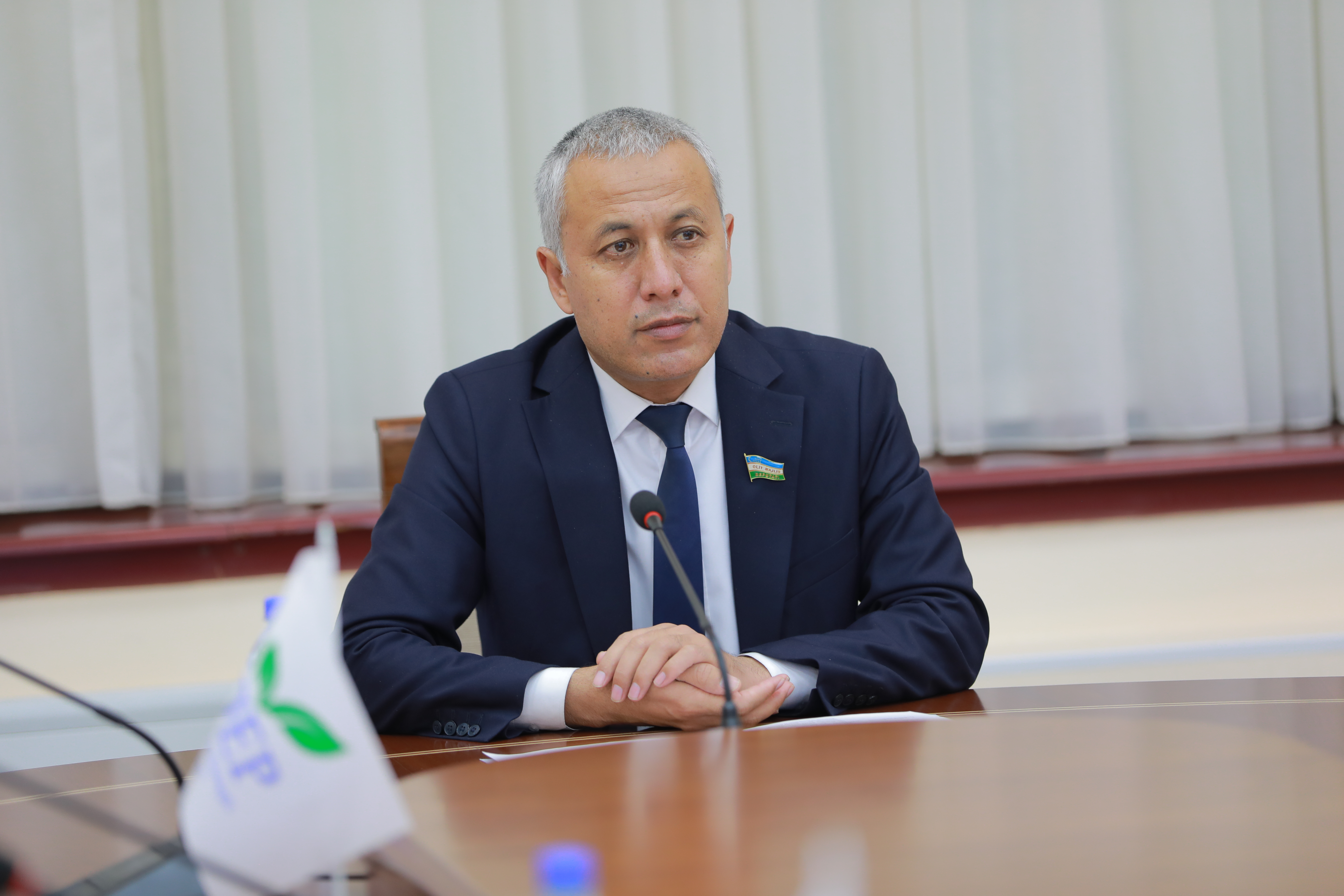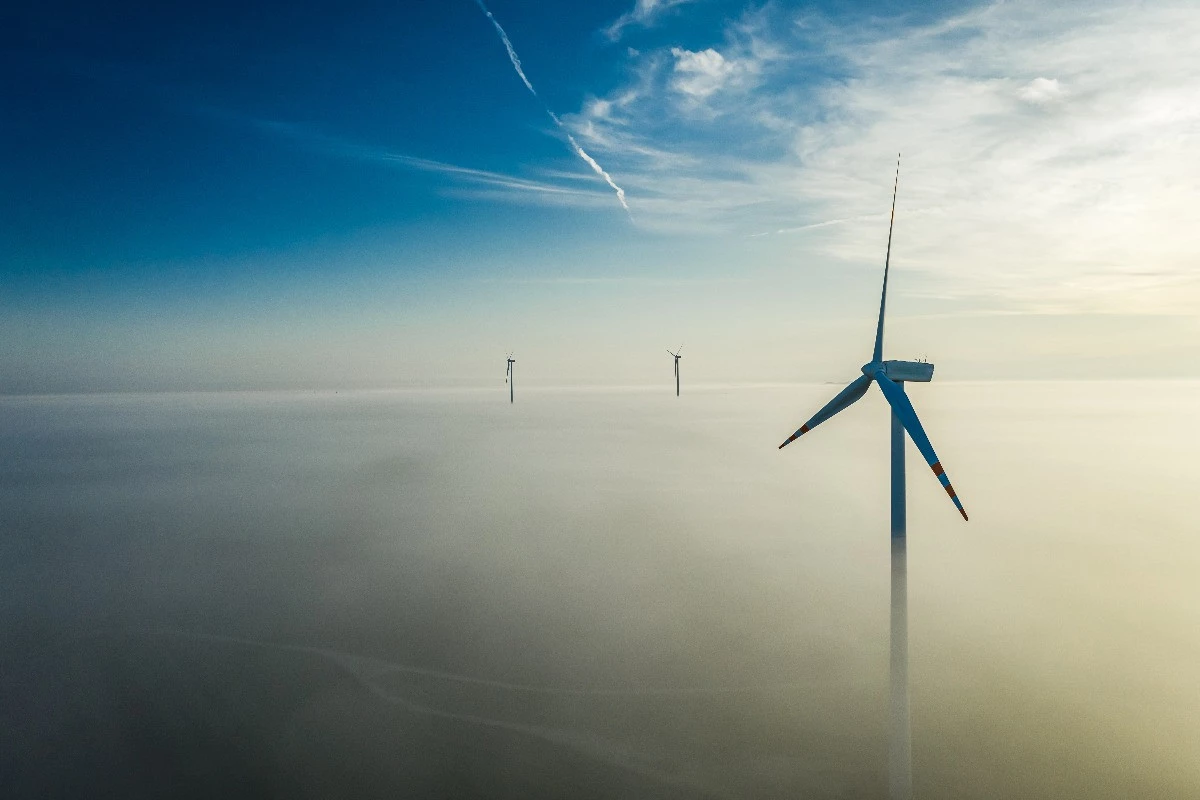In recent years, a host of substantive reforms have been undertaken on this front.
Addressing the Sustainable Development Goals (SDGs) as a critical aspect of national development course, the country has come to believe that high quality of life and robust public health, as well as environmental stability and safety can only be ensured by preserving natural ecosystems and maintaining appropriate environmental quality, by rational use and reproduction of natural resources. Therefore, the preservation and restoration of natural ecosystems have become one of the priorities of government and society.
Notably, for the first time in its history, Uzbekistan’s Constitution in its new edition enshrines the rights of citizens to a favorable ecological environment, as well as to natural resources and their rational use, state guarantees of their protection, the obligations of the population to take care of the environment.
Over the past five years, more than 20 laws and international documents have been adopted. State programs and strategies have been developed for each area of the environmental sector, and their implementation makes it possible to deliver a stable environmental system in the country.
At the initiative of the head of state, significant efforts have been underway to mitigate the consequences of the Aral tragedy and improve the well-being of the population of the Aral Sea region.
The country has been implementing specific measures to prevent water shortages, which is another environmental problem in the region.
As part of the consistent and phased execution of reforms in the field of environmental protection in Uzbekistan, tasks aimed at accelerating the process of the nation’s transition to a green economy and effectively achieving sustainable development goals are brought to the fore. Moreover, this is becoming a key issue in countering the climate change.
A number of strategic documents have been espoused on environmental protection, conservation of biological diversity, combating drought and desertification, phase-out of ozone-depleting substances, control over the destruction of persistent organic pollutants, and the development and execution of alternative energy sources.
In particular, on 27 December 2023, together with foreign partners, the President of Uzbekistan gave start to efforts aimed at connecting six large solar and wind power plants with a total capacity of 2,400 megawatts to the network. Steadfast continuation of proactive investment policy is projected to boost green energy sources and reach 27 gigawatts by 2030.
A threefold growth in the share of renewable energy sources in the overall energy balance in the next five years will make it possible to further improve the electricity needs of the population and national economic sectors, as well as ensure energy stability in the region and fulfillment of the nation’s obligations under the Paris Agreement on climate change.

